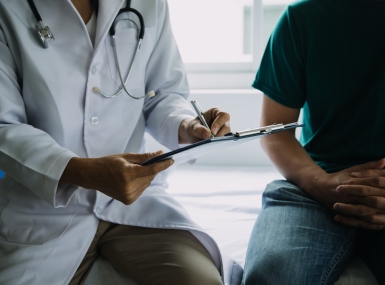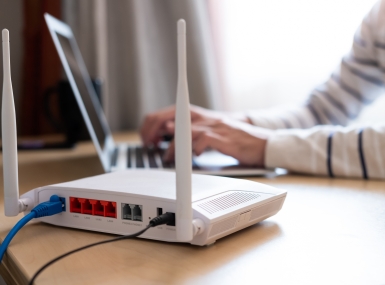Support the Local 9-8-8 Response Act

Author

Seamus Dowdall
Upcoming Events
Related News
Action Needed
Urge your members of Congress to support the Local 9-8-8 Response Act. Introduced by Sens. Alex Padilla (D-Calif.) and Thom Tillis (R-N.C.) and Rep. Tony Cárdenas (D-Calif.) as S. 3444/H.R. 4974 in the 118th Congress, this legislation would seek to improve access to and accuracy of the 9-8-8 Suicide & Crisis Lifeline by requiring calls and messages to be routed by the call center geographically closest to the caller, rather than by area code.
Background
Formerly know as the National Suicide Prevention Lifeline, the 9-8-8 Suicide & Crisis Lifeline was officially implemented as the toll-free nationwide telephone number for the hotline on July 16, 2022.
The 9-8-8 Suicide & Crisis Lifeline is comprised of a suicide prevention network of more than 200 crisis centers across the nation and provides immediate counseling and local mental health referrals to individuals experiencing mental health emergencies. The Lifeline can also connect individuals to additional emergency services, such as 9-1-1 and other public safety providers, if necessary.
This change had unintended implications on telephone call routing procedures and 9-8-8 calls are currently routed to local crisis centers based on their area code. This is unlike 9-1-1 and other contemporary public safety services, which rely on a caller's geography to route their call. Under this current structure, individuals with out-of-region areas codes that connect with the hotline have a longer, indirect process accessing local mental health and, in some cases, emergency resources.
To remedy this situation, efforts have been made to alter routing procedures from area code to geo-routing. Geo-routing is a practice in which phone calls are routed locally based on a caller's geographic location to the nearest cell tower. Unlike the practice of geo-location, which is utilized by most 9-1-1 services and refers to the practice of identifying a caller's precise location, the practice of geo-routing does not make a caller's exact location available to 9-8-8 crisis centers, thus maintaining a caller's privacy.
Key Talking Points
- Counties are an integral part of the local behavioral health crisis care continuum and are key implementers and promoters of the 9-8-8 Suicide & Crisis Lifeline.
- The 9-8-8 Suicide & Crisis Lifeline should provide direct and efficient access to mental health and emergency resources to all individuals, regardless of their area code.
- Congress should support the passage of legislation that will direct its federal partners to transition the 9-8-8 Suicide & Crisis Lifeline routing procedures from area code to geo-routing.
Resource
Toolkit for Counties: 988 Suicide & Crisis Lifeline

Related News

Congress introduces Second Chance Act reauthorization
On April 16, the Second Chance Reauthorization Act of 2024 was introduced in the U.S. House of Representatives with robust bipartisan support. NACo supports this legislation, which would reauthorize funding for Second Chance Act programs for five years.

HRSA offers funds to aid care transitions for justice-involved individuals
On April 10, the U.S. Department of Health and Human Services’ Health Resources and Services Administration (HRSA) announced the availability of $51 million in funding opportunities open to HRSA-funded health centers. HRSA-funded health centers, which serve over 30 million patients, play a crucial role in county healthcare systems emphasizing equity and accessibility in healthcare. This new initiative focuses on supporting individuals leaving incarceration by providing health services during the critical 90 days before release, assisting justice-impacted individuals with their return to the community by expanding access to primary healthcare—including mental health and substance use disorder treatment.
